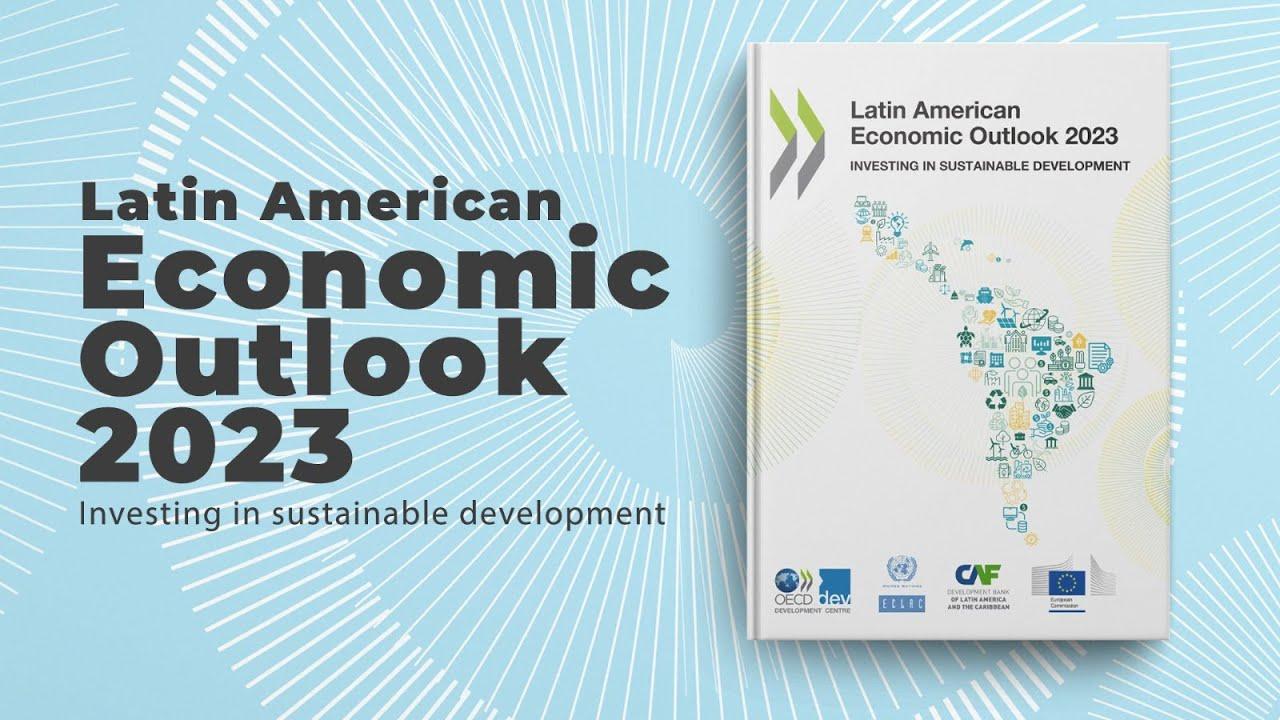video
Many countries have designed incentive policies to attract foreign direct investment (FDI) and promote exports based on special exportation areas or free-trade zones. A new publication by the Economic Commission for Latin America and the Caribbean (ECLAC) analyzes these tools and offers proposals to replace them, taking into consideration that several of the current incentives should be dismantled by the end of 2015 because they violate World Trade Organization (WTO) rules.
The study New-Generation Public Incentives for Attracting Foreign Direct Investment (FDI) in Central America (in Spanish only), prepared by Jorge Mario Martínez, Chief of the International Trade and Industry Unit at ECLAC’s Sub-Regional Headquarters in Mexico, identifies good practices globally, with emphasis on support mechanisms for services and incentives for research and development and those related to the environment.
Upon analyzing the cases of Costa Rica, Panama, New Zealand, the Republic of Korea, Singapore, China and countries in the Middle East and North Africa (MENA), the report seeks alternatives in light of WTO regulations that prohibit some of the existing incentives, such as tax exemptions that depend on export performance or on the use of national products by companies located inside free-trade zones, since they have a direct impact on the terms of trade and are considered subsidies, according to the WTO’s Agreement on Subsidies and Countervailing Measures.
As small economies and developing countries, Central American nations obtained a transition period to adapt their incentives to comply with WTO rules. However, this period ends without fail on December 31, 2015.
Thus, there is a need to assess the different economic policy options available to replace these prohibited subsidies in such a way that they do not affect FDI or exports, but instead foster a greater link between companies in free-trade zones and the national development agenda, the study indicates.
According to WTO figures, tax exemptions and fiscal stimuli represented as much as 5.6% of Mexico’s GDP and 1% of Costa Rica’s GDP in 2005. The publication proposes new-generation incentives that balance the need to attract FDI with adherence to the global organization’s regulations.
These include special incentives such as subsidies to services, the sector that has grown the most in recent years—even more than trade in goods. In this field the example of Singapore is interesting and could be replicated by Central American countries with the objective of attracting services related to ports, financing and research and development.
There are also exceptions related to the environment. Countries can impose measures on imports, or development incentives linked to matters of health, people’s lives, animals and vegetables.
The publication refers to other relevant tools that could be used, such as the design of incentives to FDI and exports that relate to the poorest or least developed areas (in relative terms), link aid or incentives to the incorporation of certain national inputs, and support schemes for companies that engage in research and development.


